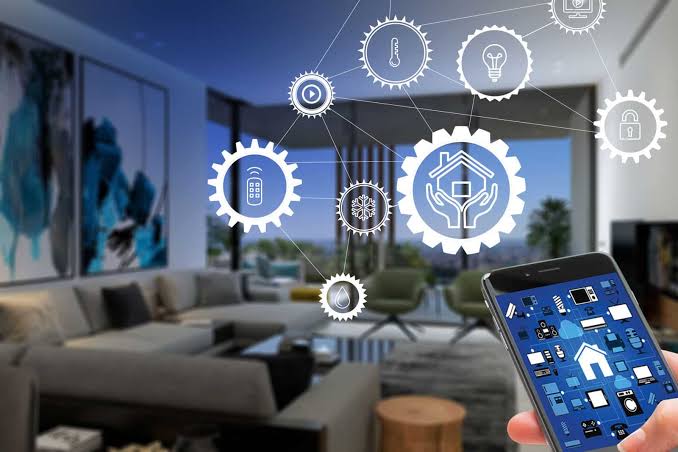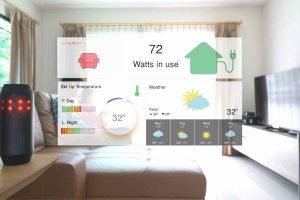The concept of home has transcended its traditional boundaries. It’s no longer just a physical space; it’s a dynamic ecosystem evolving with technological advancements. At the forefront of this evolution are smart home products and automation technologies, revolutionizing the way we live, interact, and perceive our living spaces.
The Rise of Smart Home Products
The surge in smart home products is reshaping our daily routines. From intelligent thermostats that adapt to our preferences to voice-activated assistants streamlining tasks, these innovations are redefining convenience. Connected devices like smart bulbs, locks, and cameras not only offer security but also contribute to a seamless, interconnected home experience. Imagine controlling your entire home environment—temperature, lighting, entertainment—with just a tap on your smartphone.
Automation Technologies Redefining Living Spaces
Automation technologies lie at the core of these transformations. Machine learning algorithms and AI-powered systems learn from our behaviors, anticipating our needs and adapting the environment accordingly. They bring a new level of efficiency by automating mundane tasks, allowing us to focus on what truly matters.
Take the kitchen, for instance. Smart refrigerators can now manage grocery lists, monitor expiration dates, and suggest recipes based on available ingredients. Meanwhile, automated irrigation systems in gardens adjust watering schedules based on weather forecasts and soil moisture levels, ensuring optimal plant care without manual intervention.
Integration and Connectivity
What sets these technologies apart is their integration and connectivity. Interoperability among devices and platforms is the key to a harmonious smart home ecosystem. Compatibility allows different products to communicate and collaborate, creating a unified experience. Imagine your smartwatch reminding your smart home system to adjust the temperature as you head back from work, ensuring your comfort upon arrival.
Challenges and Opportunities
However, amid this promising landscape, challenges exist. Security and privacy concerns regarding interconnected devices remain critical. The need for robust encryption and data protection mechanisms is paramount to ensure user trust and safety.
Nonetheless, the opportunities presented by these innovations are vast. The growth potential for smart home products and automation technologies is exponential. The fusion of these advancements with sustainable practices could pave the way for eco-friendly, energy-efficient homes, contributing to a greener future.
The Future Beckons
The evolution of smart home products and automation technologies is an ongoing journey. As technology continues to advance, the boundaries of what’s possible in our living spaces will expand further. The future promises even more intuitive, responsive, and personalized experiences, ultimately shaping homes that cater to our individual needs seamlessly.
In conclusion, smart home products and automation technologies are not merely gadgets; they are enablers of a lifestyle where convenience, efficiency, and sustainability converge. As we unveil the future of living, these innovations will undoubtedly continue to redefine the way we perceive, interact with, and experience our homes.














Add Comment